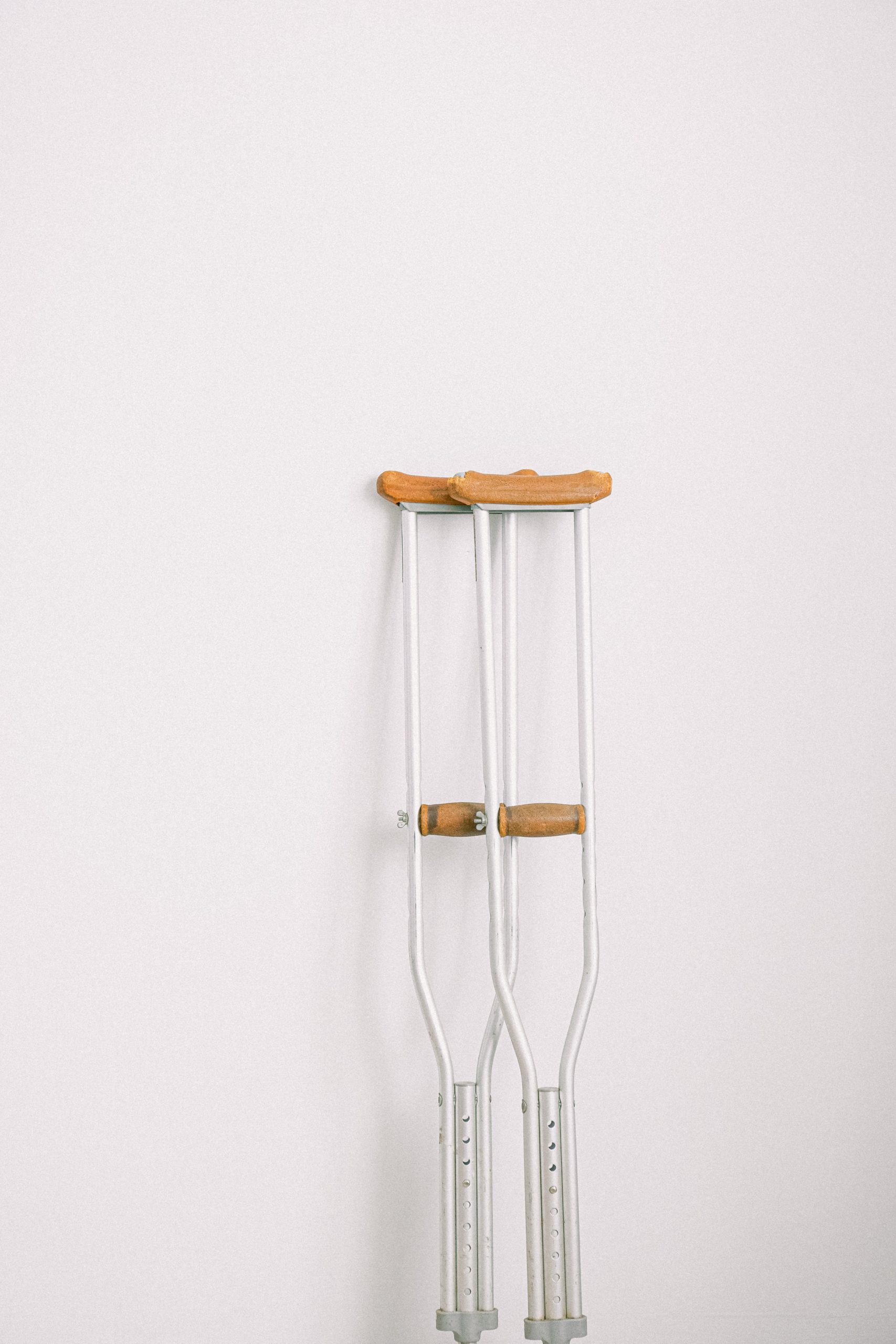Worker Barred From Suing Employer Directly For Workplace Injuries After Being Denied Workers’ Compensation
 " alt="Worker Barred From Suing Employer Directly For Workplace Injuries After Being Denied Workers’ Compensation">
" alt="Worker Barred From Suing Employer Directly For Workplace Injuries After Being Denied Workers’ Compensation">
Written on behalf of Peter McSherry
In a British Columbia Court of Appeal case, a worker attempted to sue his employer directly for injuries after the Workers’ Compensation Board declined to award him compensation.
The Court of Appeal ultimately rejected the worker’s appeal. In July 2021, he applied to the Supreme Court of Canada for leave to appeal the decision.
Worker Injured During Excavation Project
The worker claimed that he was injured on December 23, 2014 while performing excavation work for a property owner (the “employer”).
The worker was struck on the head by the hydraulic bucket of an excavator as he worked spreading gravel on a lower level. He kept working that day and returned to work the next day because he needed the money.
However, he claimed that what started as a sore neck gradually developed into a significant chronic pain and debilitating spinal injuries, which now require him to use a motorized cart and a cane.
The employer did not report the accident.
Worker Applies for Compensation for Injury
The worker filed an application with the Workers’ Compensation Board (the “Board”) on July 16, 2015, seeking compensation for neck strain. His claim was originally denied on the basis that there was insufficient evidence to show that his neck injury was caused by the accident.
However, on appeal, the Workers’ Compensation Appeal Tribunal (the “Appeal Tribunal”) overturned that decision in March 2017. The Appeal Tribunal found the worker had sustained what it described as a “minor neck strain” due to the accident. They sent his case back to the Board to determine the nature and extent of the benefits he was entitled to for that neck injury.
Ultimately, the Board found that the neck strain had resolved by June 2015 and that no benefits would be paid after that date. Additionally, because the worker had continued to work after the accident, the Board decided there was no compensation due for loss of wages.
Worker Attempts to Sue Employer Directly
The worker initially filed a petition for judicial review of the Board’s decision in 2017.
However, rather than following through with the judicial review, the worker instead filed a notice of civil claim. He was attempting to sue the employer for not reporting his claim right away and for not cooperating with the Board’s investigation of his claim. He argued that the employer’s conduct frustrated his efforts to prove his injuries before the Board and obtain proper compensation.
The judge ruled that the worker did not have a valid claim against the employer because, pursuant to s. 10 of the Workers Compensation Act, a worker who files a claim with the Board is barred from suing his employer. The judge also found that the claim could not go ahead because it was trying to overturn final decisions of the Board and Appeal Tribunal outside of the proper review process.
The worker appealed the judge’s decision to the Court of Appeal.
Court of Appeal Rules Against Worker
On appeal, the worker argued that the judge erred in striking his claim because she did not realize that he was not suing the employer for his injuries; rather, he was suing for the way the employer dealt with the Board and frustrated his efforts to get fair compensation. He claimed that he had been denied proper recognition of how serious his injuries were because the employer did not report the accident or provide documents or proof that the accident happened on her property.
The court first considered the impact of the employer’s failure to report the accident. It found that because the worker himself had reported the accident to the Board, the claim was therefore before the Board. Thus, nothing the employer had done, or not done, would have affected the Board’s analysis.
Second, the court ruled that the employer’s lack of cooperation with the Board’s inquiry was an issue to be dealt with by the Board itself. Thus, if the worker required evidence from the employer in the adjudication of his claim, he should have addressed it with the Board.
Finally, the court noted that the worker was attempting to sue the employer for the very compensation the Board had addressed in its process.
In the result, the court upheld the judge’s decision, therefore barring the worker’s claim against the employer.
Court Encourages Worker to Seek Judicial Review
The court also noted that nothing prevented the worker from seeking judicial review of the Board’s decision, if he so wished. The court stated:
“Although [the worker] cannot pursue a claim against [the employer], that does not mean that his disagreement with the Board’s assessment of his injuries and the award he received cannot be challenged…. He can, in that petition proceeding, ask the Supreme Court of British Columbia to look at what the Board did—how it handled his claim and the information it got or did not get from [the employer]—to see if the Board should be required to reconsider [his] claim. But what [the worker] cannot do is to go completely outside the process in the [Workers’ Compensation] Act and start a claim against [the employer] for compensation for injuries that only the Board has the authority to decide.”
Nonetheless, on July 14, 2021, the worker filed a leave to appeal the Court of Appeal’s decision with the Supreme Court of Canada. Its decision on whether to hear the appeal is outstanding.
Get Help
If you have questions about workplace injuries or other employment issues, contact the offices of Guelph Peter McSherry Employment Lawyer. We regularly advise employees on their rights in the workplace. Contact us online or by phone at 519-821-5465 to schedule a consultation.




